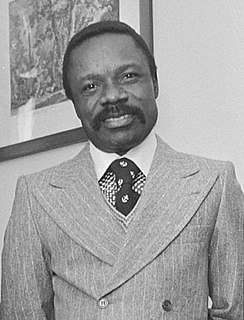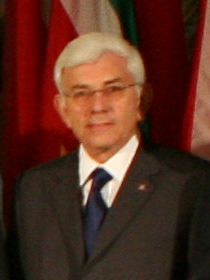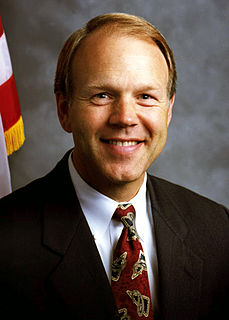Top 1200 Developing Countries Quotes & Sayings - Page 3
Explore popular Developing Countries quotes.
Last updated on April 19, 2025.
80 percent of the export of armament in the world comes from the G8 countries. [The] United States alone exports about 50 percent of the world's armament, [for] which, of course, there has to be buyers, and the buyers are very terribly keen, very often military dictator[s] or sometimes not military dictator[s] but for military purposes. But the sellers are also promoting this trade. And two thirds of the arm exports go to developing countries. I'm in favor of putting a control on it, a ban on it.
I believe we should try to move away from the vocabulary and attitudes which shape the stereotyping of developed and developing country approaches to human rights issues. We are collective custodians of universal human rights standards, and any sense that we fall into camps of "accuser" and "accused" is absolutely corrosive of our joint purposes. The reality is that no group of countries has any grounds for complacency about its own human rights performance and no group of countries does itself justice by automatically slipping into the "victim" mode.
The massive corruption common in so many developing countries would be quite impossible if Western countries did not provide convenient opportunities to ship ill-gotten funds out of the country. It wouldn't make much sense for a ruler to store in his basement large quantities of stolen cash in his own country's currency. A corrupt ruler wants to be able to keep this money safe and to be able to spend it. And for this, he needs to convert it into a Western currency and store it in a bank abroad, where it can also earn investment returns and be bequeathed to his heirs.
The reality is that [Barack] Obama has some 15 countries in the current Libya coalition. President Bush put together close to 50 countries for the Afghan coalition, some 40 countries for the Iraqi coalition, more than 90 countries for the Proliferation Security Initiative and over 90 countries in the Global War on Terror.
Membership in the European Community, now the European Union, has enabled Ireland to re-find its sense of participation - cultural, political, social - at the European level. I think that also opens up possibilities for Ireland as a European country to look outward - to look particularly, for example, at countries to which a lot of Irish people emigrated, to our links - our human links - with the United States, with Canada, with Australia, with New Zealand. And to look also, because of our history, at our links to the developing countries.
We in the small developing countries are beginning to understand that our own citizens share a common fate requiring the active role of government to ensure that every citizen has a chance and means to participate productively within the society and to curb society's dangerous encroachment on the physical environment.
Jobs in the public sector are increasingly dependent on technology, and more and more government services are available online in developed and developing countries. Women who have ICT skills can help develop and deliver these services, even in places where the sexes are traditionally kept separate.
If we can speed up the deployment of clean energy technologies in developing countries with investments from the Green Climate Fund, hundreds of millions of people will be able to access electricity for the first time - with all the education, health, communication and entrepreneurial opportunities electricity enables.






















































